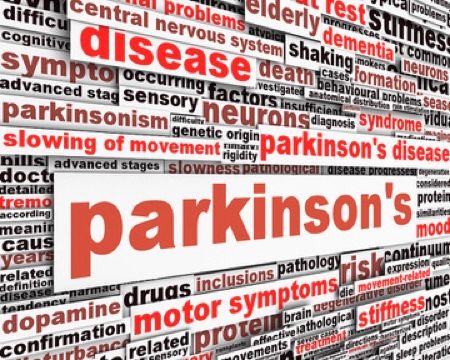Alcohol Dementia
Alcohol dementia, also known as Wernicke-Korsakoff syndrome, is a neurological disorder caused by long-term alcohol abuse. It is characterized by memory loss, mobility issues, confabulation, and difficulty learning and retaining new information.

The contentious debate surrounding alcohol dementia persists: Is it a distinct form of dementia, or merely a symptom of chronic alcohol abuse? While it exhibits hallmark criteria such as memory loss, impaired motor skills, and difficulty acquiring new information, it differs from traditional dementia in one crucial aspect – its symptoms often recede when alcohol consumption ceases and treatment begins.
Understanding Alcohol Dementia:
Diagnosing alcohol dementia can be challenging, especially when concealed by highly functioning alcoholics. However, once the extent of long-term alcohol abuse becomes evident to medical professionals, symptoms become more discernible, paving the way for potential treatment. Key indicators of alcohol dementia, from the perspective of friends and family, include:
- Short-Term Memory Loss:
- Alcohol abuse ranks among the leading causes of memory loss in the United States, as high blood alcohol levels damage specific brain regions, notably the frontal lobe and temporal lobe. This leads to difficulties in retaining new information, resulting in confusion during conversations. While long-term facts may remain intact, the ability to remember recent details wanes.
- Mobility Challenges:
- At the peak of alcohol-induced dementia, balance issues emerge, weakening the connection between the brain and body. Patients struggle with everyday tasks like walking and eating, displaying noticeable tremors or unsteadiness in their limbs. Any sign of ataxia, a lack of muscle coordination, should be promptly reported to a doctor.
- Confabulation:
- Chronic lying, clinically known as confabulation, serves as a prominent symptom of alcohol dementia. Individuals abusing alcohol fabricate stories initially to conceal memory gaps, eventually convincing themselves of the veracity of these falsehoods. This condition is recognized as Korsakoff Psychosis, where patients construct fantasy worlds based on fragmented memories of the past.

The Root Cause:
The underlying cause of alcohol dementia is chronic alcohol abuse. The key factor in understanding how consistent, excessive alcohol consumption inflicts brain damage lies in thiamine deficiency, also known as vitamin B1. This vitamin naturally occurs in various fruits and vegetables, making deficiencies rare among those with a balanced diet. However, alcoholics often suffer from inadequate nutrition due to minimal food consumption and poor dietary choices. This poor diet can result in thiamine deficiency.
Wernicke-Korsakoff Syndrome:
Most instances of alcohol dementia can be attributed to Wernicke-Korsakoff Syndrome, a condition resulting from sustained alcohol abuse. This syndrome comprises two distinct diseases:
- Wernicke's Encephalopathy: This form appears suddenly and is characterized by unmistakable symptoms, including jerky eye movements, daytime drowsiness, and impaired balance due to ataxia. Wernicke's disease is treatable through medication and alcohol withdrawal, provided intervention occurs early enough.
- Korsakoff's Syndrome: This syndrome manifests after Wernicke's and encompasses long-term brain damage symptoms. Untreated Wernicke's encephalopathy leads to memory loss, agitation, irritability, and irrational aggression. Treatment may involve thiamine supplementation to enhance brain function, but its effectiveness in alleviating symptoms remains uncertain.
Seeking Help:
Dealing with someone affected by alcohol dementia is challenging, primarily because they often remain oblivious to their condition. The symptom of confabulation allows them to rationalize their actions, complicating interventions. Recording evidence of their behavior may help demonstrate the issue to both the patient and medical professionals. Timely intervention is vital, as untreated alcohol dementia can evolve into more severe forms of dementia or mental illnesses.
In conclusion, whether alcohol dementia is viewed as an independent condition or a symptom of chronic alcoholism, seeking assistance is crucial for the well-being of affected individuals.
Our Resources section can help you find the information and tools that you need. We have courses, videos, checklists, guidebooks, cheat sheets, how-to guides and more.
You can get started by clicking on the link below. We know that taking care of a loved one is hard work, but with our help you can get the support that you need.
Click here to go to Resources Section now!
http://alzheimers.org.uk/site/scripts/documents_info.php?documentID=98
http://alcoholism.about.com/cs/dementia/a/aa990714.htm
You might also like this article:







